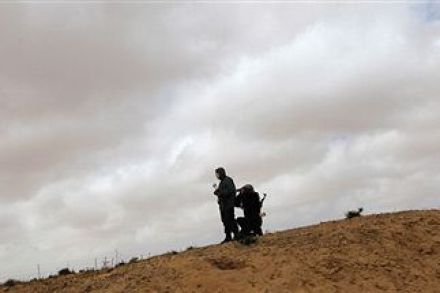Going to the Ball Does Not Guarantee A Right to Dance
So Washington will just have to make do with government-as-normal after all. Oh well. The White House appears to have decided that the best way to respond to defeat is to just call it victory and hope no-one notices. Hence President Obama’s speech this evening in which he will take credit for a budget deal he resisted. That’s fine. That’s politics. The numbers, of course, are trivial. A $38bn cut in federal outlays is a fraction of a tiny fraction of the matter. Nevertheless, it’s a political victory for the GOP, not least since spending-restraint is not something this President is interested in. Nor, of course, was his predecessor but














